While the question of how many lesbians fit in a Subaru is asked but not actually answered (it’s rather subjective, after all), in first-time feature director Susanna Fogel’s sweet comedy Life Partners, what’s indisputable by the film’s close is her reverence for the bonds of female friendship. The film, On Demand and in theaters beginning today, teems with wit, quirk, and a whole lot of heart, due in large part to Leighton Meester’s portrayal of the 29-year-old career-challenged out lesbian Sasha, the fun girl who's never at a loss for a date but who’d rather spend her nights in a face mask making jewelry with her bestie Paige (Gillian Jacobs).
Meester, best known for her turn as Blair Waldorf on Gossip Girl, imbues Sasha with a relatable late-20s ennui as the character dates a string of inappropriate women played by the likes of Kate McKinnon, Abby Elliott, and Greer Grammer. But Sasha inevitably, either literally or metaphorically, returns home to Paige. Throughout the film Sasha cavalierly botches jobs, fibs to her parents about where their money goes, and crosses boundaries with a friend’s ex, but it’s only when Paige finds a steady boyfriend that Sasha’s world shatters. And Meester, an actress and musician of great range well beyond her Gossip Girl cred (she made her Broadway debut in Of Mice and Men this year), wears each perceived betrayal of Paige’s on her heart sleeve. It’s a wry, nuanced performance that honors the deep platonic ties of female friendship.
It’s no surprise that Fogel and out cowriter Joni Lefkowitz got Life Partners right, considering they have also teamed up on Lefkowitz’s women-centered ABC Family hit Chasing Life. But Meester and her kinetic chemistry with Jacobs are endlessly fascinating to watch as their friendship ebbs, flows, and ultimately shifts into the next phase of their lives.
Meester spoke with us about the movie’s amazing female writer-director team, her instant chemistry with Jacobs, whether or not she has a real Paige in her life, and watching Kate McKinnon work.
SheWired: How did you become involved with the project?
Leighton Meester: I got the script and fell in love with character, the story, the dynamic between the two lead characters, and the friendship that they shared. The next step was a meeting with Susanna and Joni, the cowriter and director team. Those two, I can’t tell you how much I love them, right off the bat, just clicked with them and felt such a connection with the character and with them. It felt like it was going to be such a wonderful, fun experience, and then it ended up being the best experience I’ve had.
I love that the film focuses on the importance of female friendships, something we also see in MTV’s Faking It. It’s refreshing to see women who don’t tear each other down, which is too often a trope in film and television. Can you speak to that aspect of the film?
That was definitely a huge reason for me taking the part and taking on the role, and it’s one of the major attractions to the project for me. And even more so to this day, having seen it and seeing the reactions to it. It’s just so pleasing. I think, you know, it makes a lot of sense that female characters aren’t written as complex, three-dimensional people and that we’re pitted against each other on-screen. And we’re thought of as competition and put in very unrealistic settings in which the only time we’re on the screen with another woman is talking about men. I think it makes a lot of sense, because films are not made by women very often — as often as they are by men — not written by women as often. … I think people have this assumption, based on I don’t know what — nothing [laughs] — that women don’t go to movies, and we do. It’s the perpetuation of a stereotype that really comes from something not true, which is that women are competitive with one another, and I think that should stop.
Well put! The on-screen chemistry between you and Gillian is really authentic and so much fun to watch. How much of that spilled over into real life as well?
Yeah, I think both of us really came into it saying we’re going to just be as open and free and as honest as possible with each other. We knew walking in that you never know who you’re going to get, and I think that it was the all-over energy of Susanna and Joni and our producers and our crew, which were a lot of women. … Everyone was just friendly and open. When I met Gillian it was pretty much immediate. We were both willing to be open with each other and to take the walls away and to get close and geek out. And so that was very fun.
I loved watching your character date various types of women, some of whom are incredibly outrageous. What was the most fun you had shooting those scenes?
Well, I loved the date with Kate McKinnon’s character. [McKinnon] is really inspiring. She is just so funny and very genuine and down-to-earth. And she brought so much to it. They just kept rolling and let her play, which was so exciting to watch because my character has the tendency to date douche bags, and she is one of them. Of course Abby Elliott and the part where she says that she has a tattoo on her neck, and Paige says, “I don’t want to talk about it.” And then Greer’s character, who is just adorable, and of course, totally clueless — her stoner, giggly, bubbly character was super fun to play off of. I hope I’m not missing anybody.
with Abby Elliott
I think you got all of them. We talked about your on-screen chemistry with Gillian as a BFF. Do you have a real-life equivalent of Paige?
I think I have a real-life Paige and real-life Sasha. I guess I’m not as type A as Paige and as directionless as Sasha. I have friends who are kind of more that direction. But yeah, I definitely have the complexities that come with those relationships. But I think that’s also all the more reason why I was attracted to the project. At least from my point of view, and correct me if I’m wrong, but so many women have a propensity for codependency. I do, at least. I’ll spend every waking moment and say let’s have breakfast, lunch, and dinner and let’s hang out and go on vacation and talk on the phone. Of course, if something happens, if the person has to go away or gets into a relationship or gets a full-time job. … But that’s something that's very much in time, at least preserved in amber, in my mid to early 20s. But yeah, I have some friendships ... and we hang, we hang a lot.
LGBT audiences tend to be ardent fans when they really love a portrayal as authentic as yours in this film. What sort of feedback have you had from fans?
You know, I haven’t really spoken to those people. But I would say that when I took on the role and when I was working on the film I definitely wanted to steer as far away as possible from any kind of stereotype or cliché. It’s in the writing and the character that Sasha is gay and that’s the end of the story. It’s not that she has to come out, it’s not like she has to figure out her sexuality or who she is. It is what it is and she has dates and they don’t work out. And just because she discovers who she is doesn’t mean that it shifts back. … And I think that was refreshing. Does that answer your question at all? I don’t know.
[Laughs] Occasionally actors who’ve played LGBT will get feedback from their fans in the form of inspirational stories because of the portrayal, so I wondered if you'd gotten that sort of feedback. I will say that as an out person who’s watched a lot of lesbian-themed films throughout the years, I think your performance is really authentic and believable, and just really beautiful.
Thank you, that means so much to me. There you go. You should have said that beforehand.
I was trying not to make it about me.
[Laughs] That’s the answer! It's about you.
Sasha is a musician, as are you, but we don’t get to see her perform. Was there originally more of Sasha playing music in the film?
No. That was an aspect of her as a character that I got and just continued to keep her well-rounded on the page. She is strange, she’s educated, supported by her family. … She, I’m sure, at times, has been able to put herself out there and perform, write, but she doesn’t have the desire. It’s the idea that you have your mind set on something throughout your teens and 20s and that’s what you want to do, and that’s your desire and your goal, and then suddenly you realize that’s maybe not it, which is such a beautiful and oppositional view to most Hollywood movies where, “Oh, she’s a musician and the very last scene of her arc is her playing onstage for thousands of people and now she’s finally made it.” The truth is that she realizes that she doesn’t really want to do it, which was really refreshing for me to read and to play.
Is there anything else you’d like to say about the film?
I really love it. I’m really proud of it.
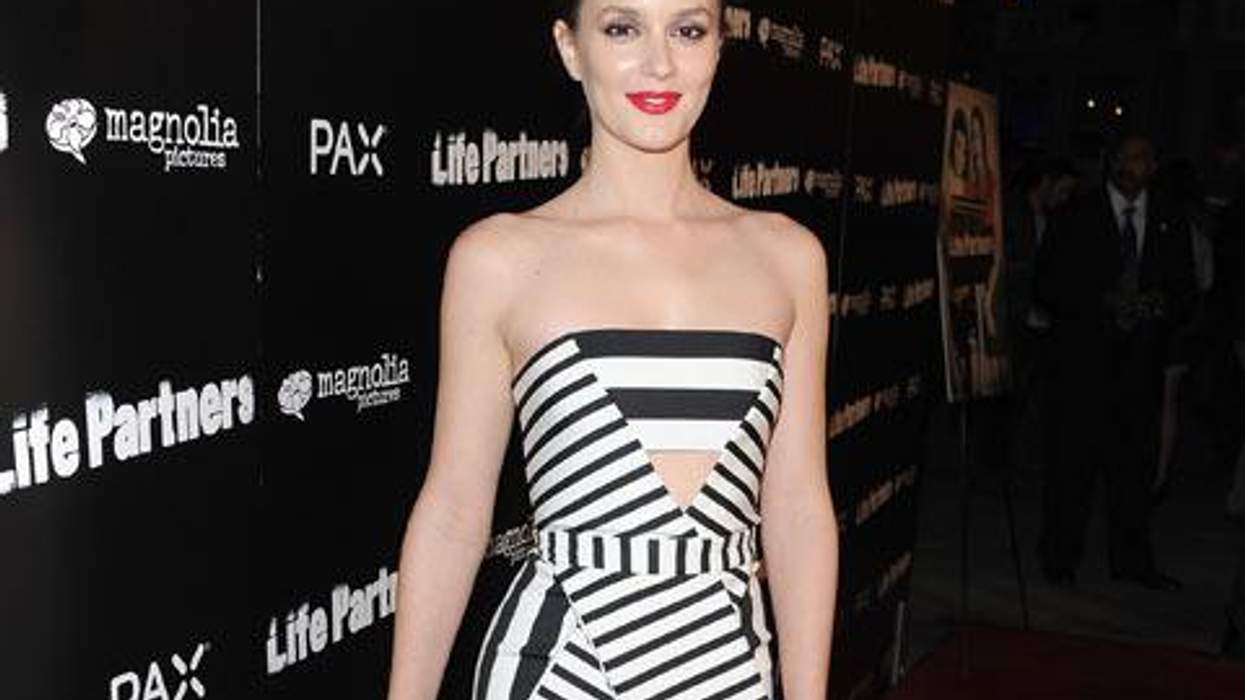

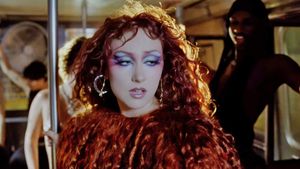

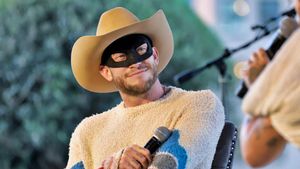
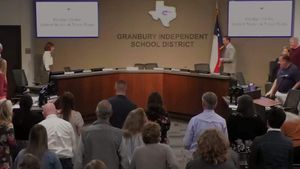


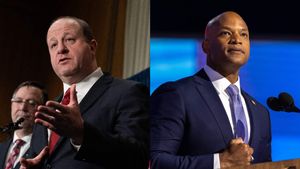




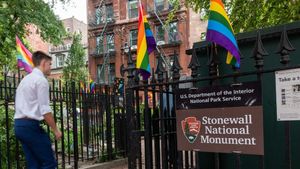




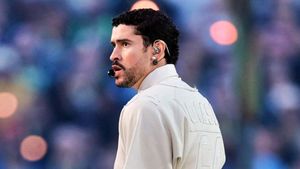
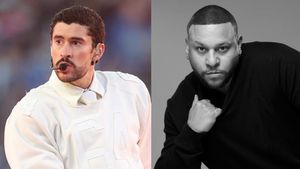






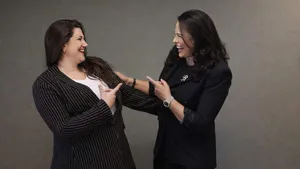
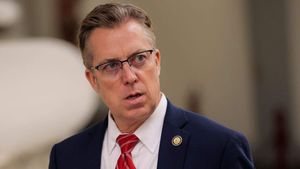

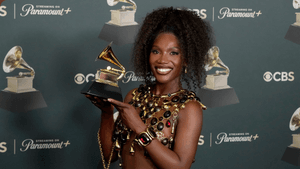



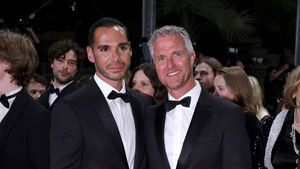


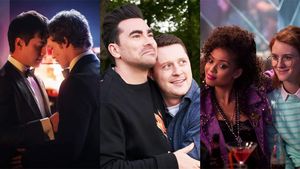

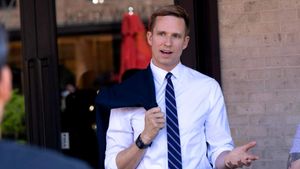
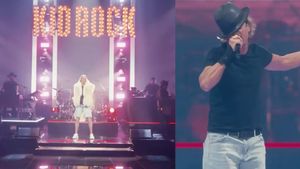





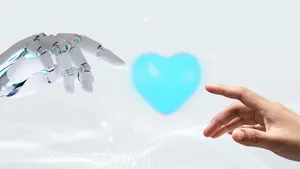
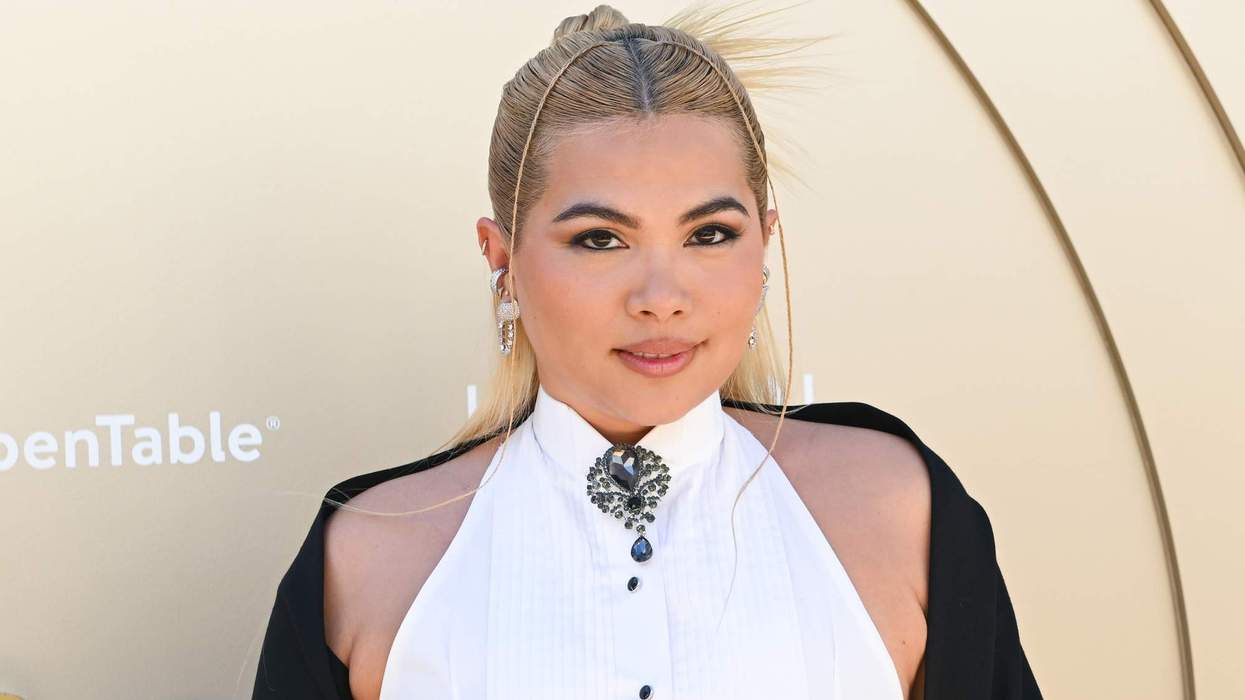

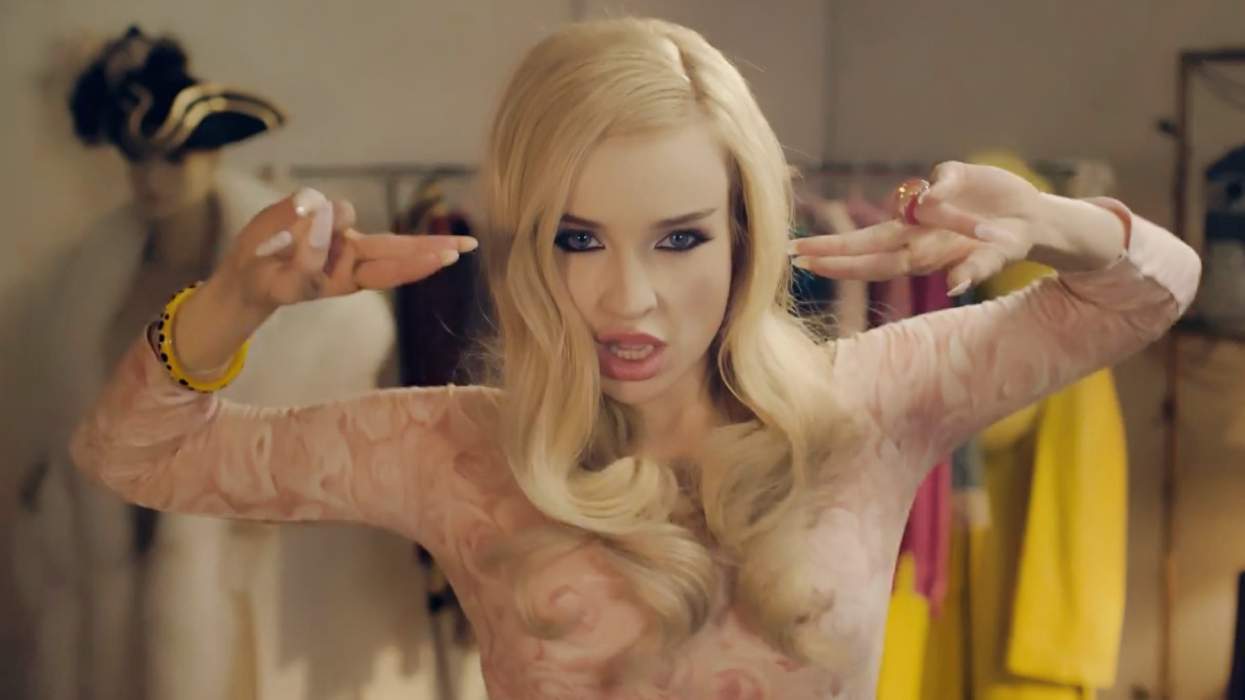
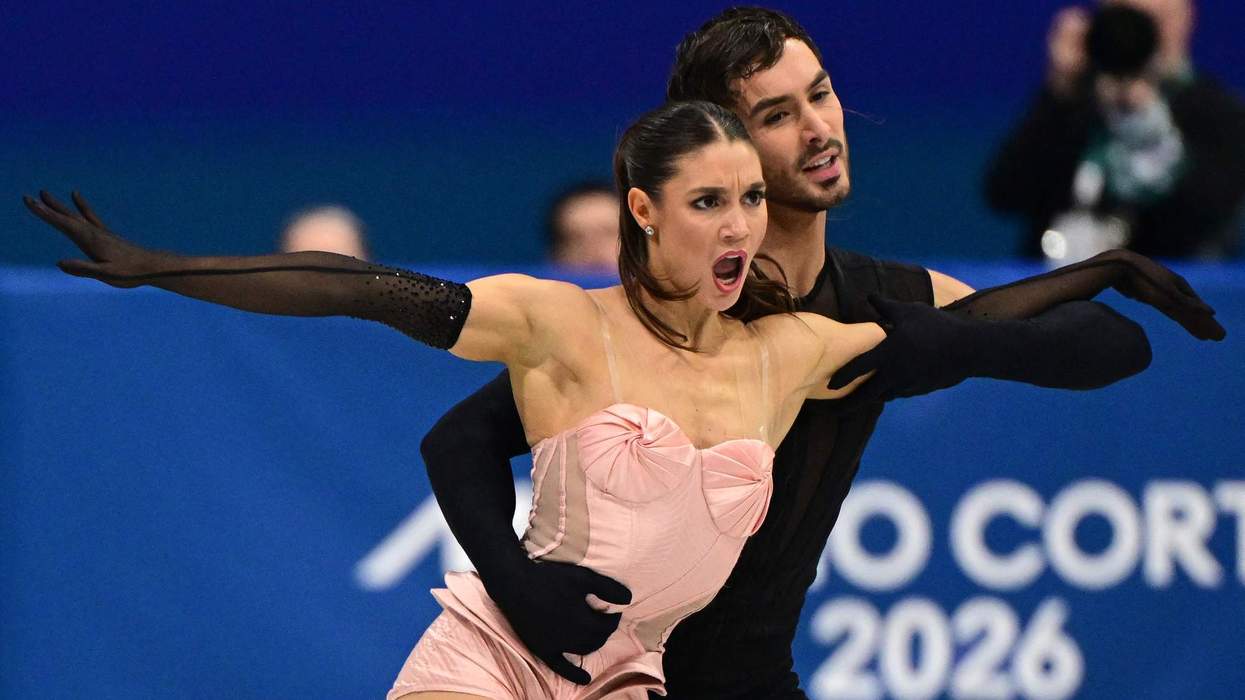

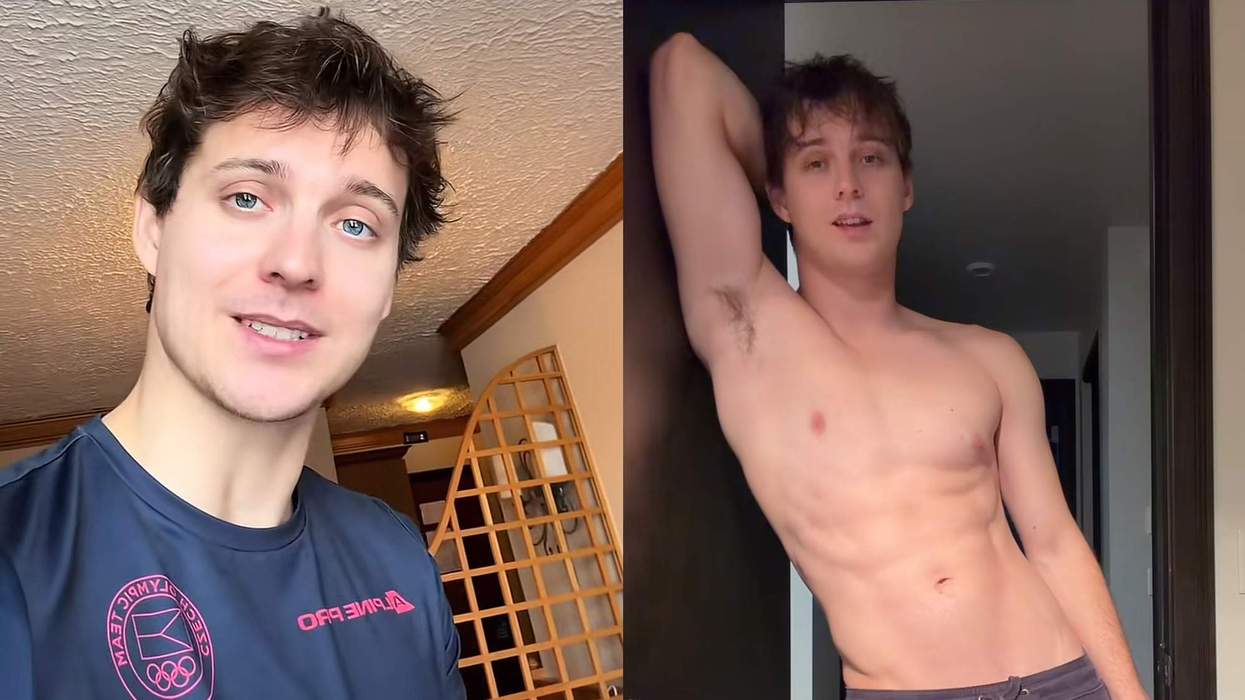
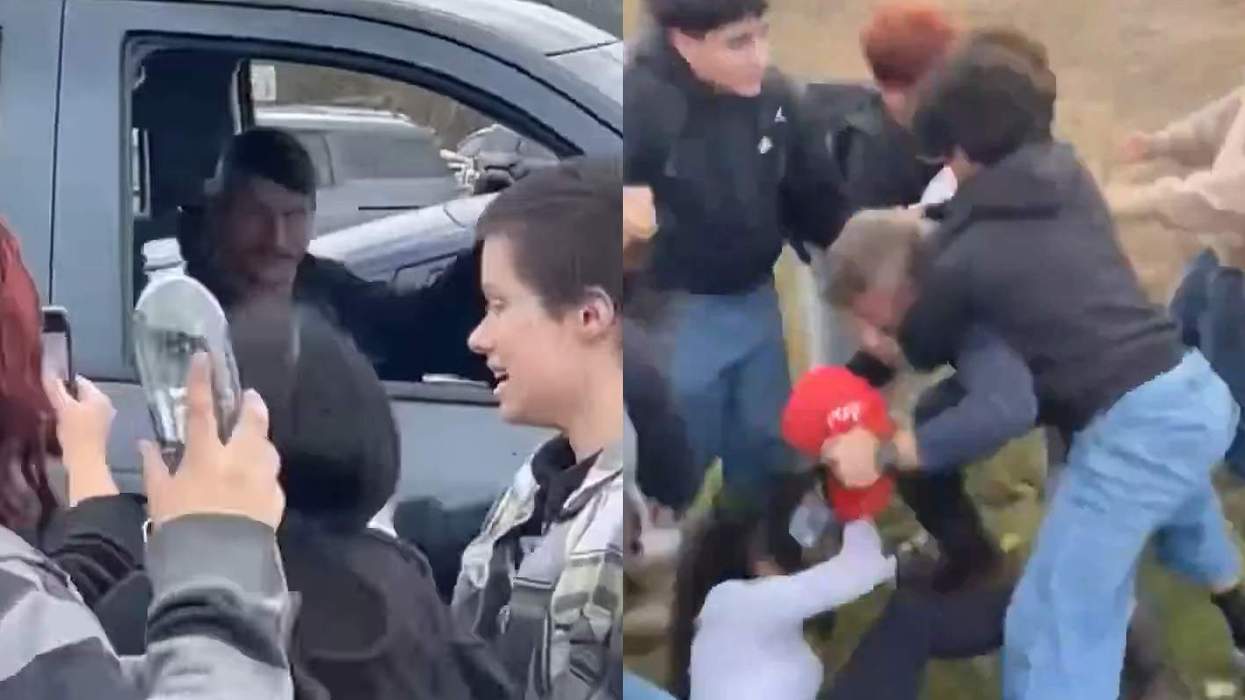
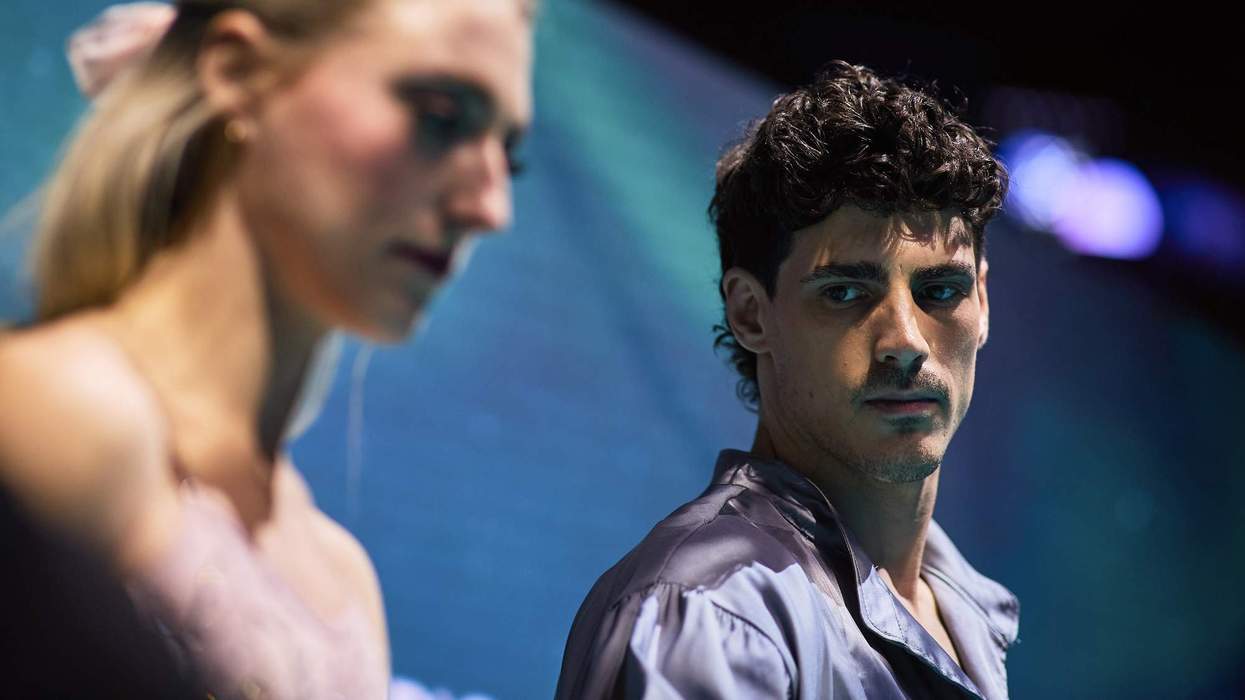
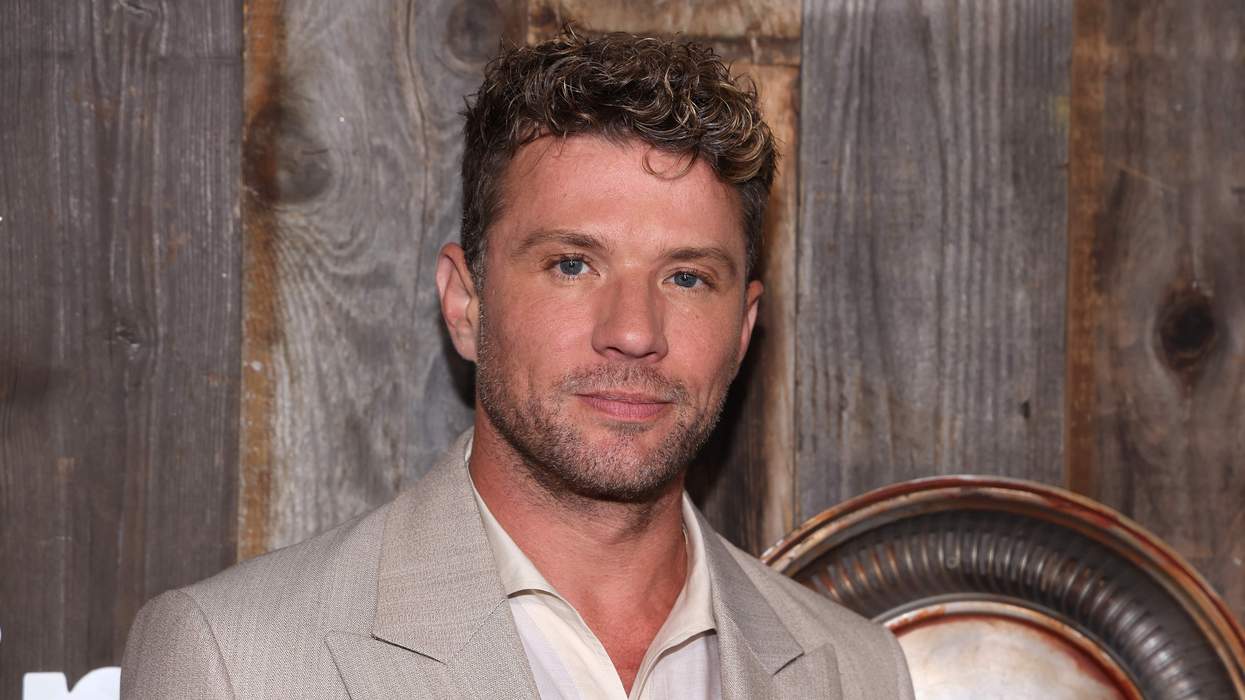
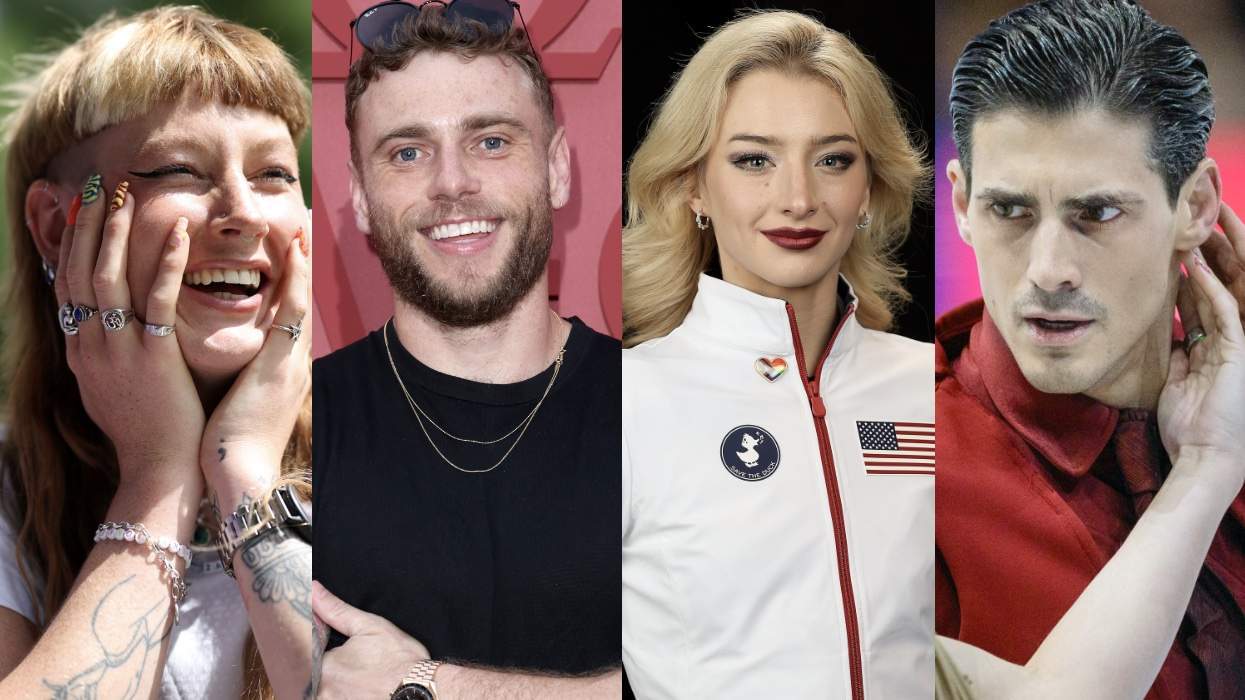































 Cindy Ord/Getty Images
Cindy Ord/Getty Images























